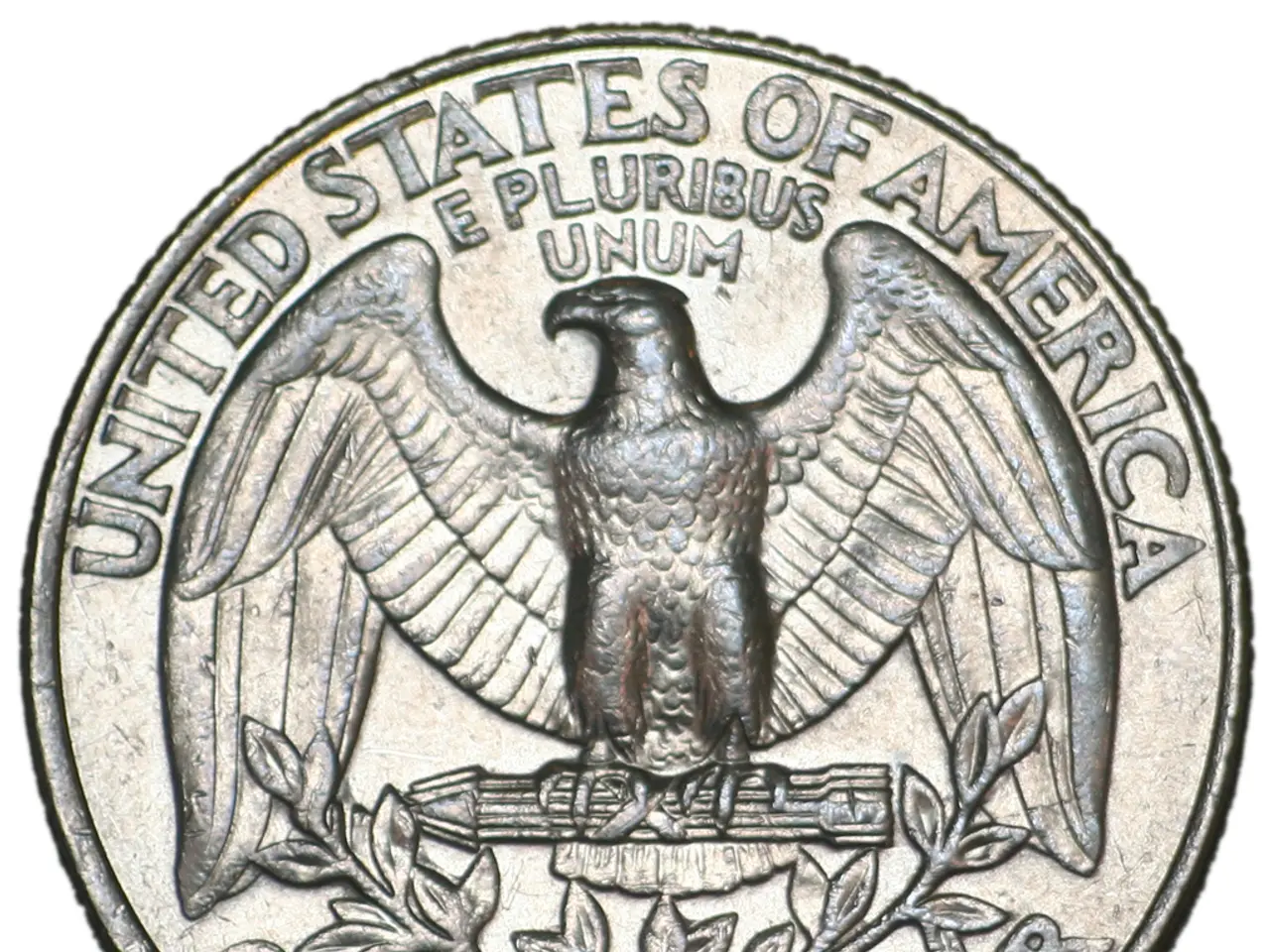Weekly Sports Gambling Update: Embracing Responsibility
In the ever-evolving landscape of the U.S. sports betting industry, a growing emphasis is being placed on responsible gambling (RG) promotion. Regulators and industry stakeholders are increasingly focusing on formalised responsible gaming plans, stricter advertising rules, data-driven harm prevention, education, and support, and cross-sector collaboration.
Formal Responsible Gaming Plans
About two-thirds of commercial gaming jurisdictions now require operators to establish and file detailed RG plans with regulators. These plans outline measures to minimise gambling harms and ensure consumer protection.
Advertising Restrictions
More than 80% of jurisdictions have detailed gambling advertising rules, prohibiting ads targeting children or appearing in media where a significant portion of the audience may be underage.
Data-Driven Harm Prevention
Operators are increasingly required to use behaviour-based interventions such as blocking deposits when risk signals arise. Integration of anonymised data sharing among operators, researchers, and regulators is promoted to identify patterns of risky gambling.
Education and Support
Operators must provide players with easily accessible, understandable information on RG. Public health entities train customer support to recognise and intervene in signs of addiction.
Voluntary Codes and Industry Commitments
Beyond regulations, many operators comply with the American Gaming Association (AGA) Code of Conduct for Responsible Gaming and the Responsible Marketing Code for Sports Wagering, which impose stricter standards than state laws on advertising and promotion, including limiting underage exposure.
Regulatory Collaboration
Regulators across states are moving towards dynamic guidelines informed by scientific research, not just legal enforcement. Cross-sector collaboration is emphasised, involving regulators, operators, technology providers, public health organisations, researchers, and industry associations. This collaboration enables data sharing, development of early detection algorithms, and unified codes of conduct.
A proposed model is a national RG platform that shares anonymised player data across operators and includes academic and clinical partners to monitor and mitigate harm. Some regulators appoint dedicated Responsible Gaming Liaisons to oversee and enforce socially responsible gaming practices locally.
In summary, the U.S. sports betting industry’s RG promotion is evolving towards more formal, regulated, and collaborative frameworks. These include robust gaming plans, tighter advertising standards, technology-enabled harm prevention, and multi-stakeholder cooperation to safeguard consumers and reduce problem gambling.
Meanwhile, in industry news, Bally Bet is set to open a retail sportsbook in Cleveland, Ohio, in 2024, and Prime Sportsbook is preparing to launch in the state. Five major operators have submitted bids for Vermont, and Hard Rock Bet could launch as early as Sept. 19 in Florida.
The past week has seen discussions about the dangers of excessive gambling and the industry's role in promoting RG. Promotion of 1-800-GAMBLER as a national helpline for problem gamblers is being suggested as an improvement.
As the industry continues to grow, it's clear that RG will remain a top priority, with the American Gaming Association designating September as Responsible Gaming Education Month.
- Operators in the U.S. sports betting industry are required to establish and file detailed Responsible Gaming plans with regulators, outlining measures to minimize gambling harms and ensure consumer protection.
- More than 80% of commercial gaming jurisdictions have detailed gambling advertising rules, prohibiting ads targeting children or appearing in media where a significant portion of the audience may be underage.
- Operators are increasingly required to use behavior-based interventions such as blocking deposits when risk signals arise, and integration of anonymized data sharing among operators, researchers, and regulators is promoted to identify patterns of risky gambling.
- Public health entities train customer support to recognize and intervene in signs of addiction, and operators must provide players with easily accessible, understandable information on Responsible Gaming.
- Beyond regulations, many operators comply with voluntary codes like the American Gaming Association's Code of Conduct for Responsible Gaming, imposing stricter standards than state laws on advertising and promotion.
- Regulators across states are collaborating, involving regulators, operators, technology providers, public health organizations, researchers, and industry associations, to share data, develop early detection algorithms, and unify codes of conduct in the effort to promote Responsible Gaming and protect consumers from problem gambling.




